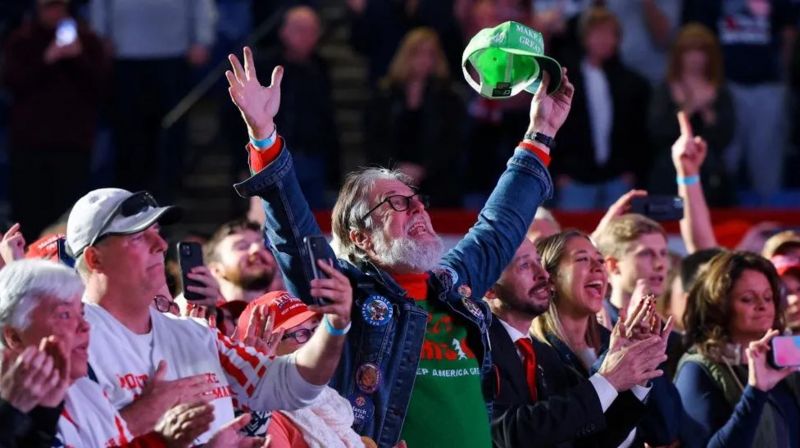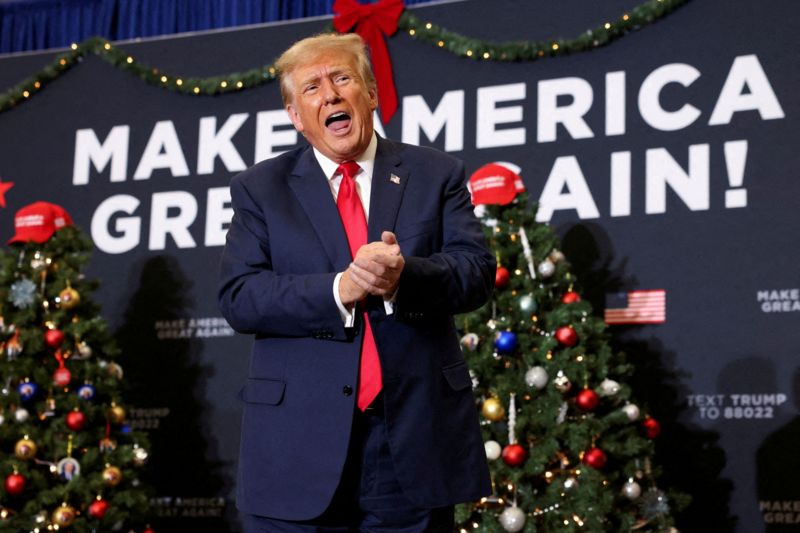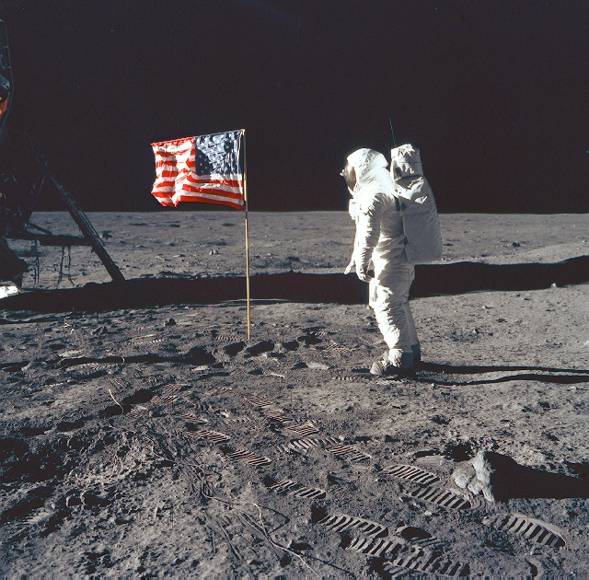One of the legal challenges to Donald Trump’s eligibility to run for president in 2024 has finally been upheld.
The Colorado Supreme Court’s decision to bar the former president from participating in the state’s upcoming Republican primary elections is yet another unprecedented moment in American politics.
It is a decision that further blurs the lines between the American political and judicial systems, creating a new collision between the electoral campaign and the courts.
However, this latest legal setback is unlikely to seriously harm Trump’s bid to return to the White House — and he is already using it to his advantage.
The activists who filed the case in Colorado — a group of liberals and a coalition of Republican and independent voters opposed to Trump — may be celebrating the victory.
But the response from Democratic politicians so far — those who will be facing voters next year and are working to defeat Trump at the polls — tells a different story.
This is not a fight they want.
Colorado Secretary of State Jena Griswold — who refused to act unilaterally to prevent Trump from participating in the state’s primary — issued a response to the court’s decision on Wednesday (December 20) that did not exactly express enthusiasm.
“This decision is subject to appeal,” she said. “I will follow the court’s decision in effect at the time of voting certification.”

Supreme Court
Democrats are divided over whether to challenge a Colorado Supreme Court ruling that allowed former President Donald Trump to remain on the state’s primary ballot.
Part of the reason for their apparent reluctance to intervene — and the relative silence of other Democrats — is that the ultimate outlook for the Colorado case is not the most positive.
Trump’s campaign has promised to appeal the decision — directly to the U.S. Supreme Court.
According to Samuel Issacharoff, a professor of constitutional law at New York University, the appeal is almost certainly going to be granted, especially given that other state courts have considered and rejected similar challenges.
“It cannot be that the national presidential candidacy is determined state by state,” he said. “That would be a collapse of democratic order.”
The Supreme Court currently has a 6-3 conservative majority.
And while the justices, even the three appointed by Trump, have shown a willingness to rule against the former president in previous cases, Issacharoff believes they would be extremely reluctant to be seen as limiting the options of voters at the polls.
Democrats may also be concerned that the legal challenges — and the Colorado decision — will play into one of Trump’s central campaign messages, that the ruling elite is threatened by his political movement and is willing to subvert the will of the people to keep him in power.
Trump campaign spokesperson Steven Cheung called the Colorado decision “completely flawed.”
He said it was a sign that Democrats have lost faith in President Joe Biden and are “now doing everything they can to prevent American voters from voting them out of office in November.”
Meanwhile, Trump’s Republican rivals are largely rallying around him, as they have during all of the former president’s legal battles this year.
Florida Governor Ron DeSantis called the Colorado decision an abuse of power.
Vivek Ramaswamy said he would remove his own name from the state’s primary elections and the Colorado Republican Party threatened to cancel the primaries entirely.
“We’re going to win the right way,” said former South Carolina Governor Nikki Haley, who could be Trump’s strongest challenger.
“The last thing we want is for judges to tell us who can or cannot be on the ballot.”
Democrats may be frustrated that, at least so far, Trump seems to have avoided any cost — political or legal — for his role in the January 6, 2021, Capitol riot.
The former president has been indicted on charges related to his attempts to overturn the 2020 elections twice — by federal prosecutors and by a district attorney in Georgia.
But those trials, which will be decided by juries of citizens and not by judges, will still take months to happen, if not longer.
And it may be telling that special counsel Jack Smith, who is leading the case at the federal level, has brought limited charges that do not depend on direct proof that Trump led an insurrection.
The Colorado Supreme Court’s decision may have provided a dramatic moment of accountability that some Trump critics desire, but it is also likely to be temporary.
And, in the end, it could increase the likelihood of the former president returning to power, not reduce it.
Font: BBC Brasil



